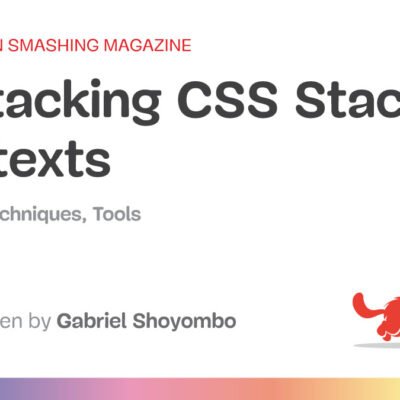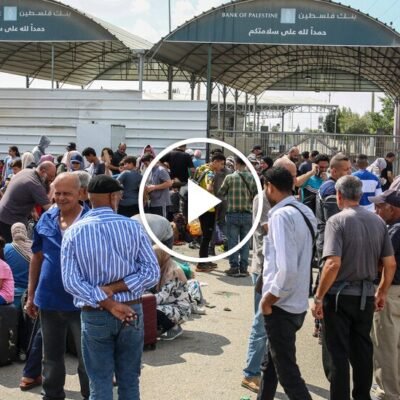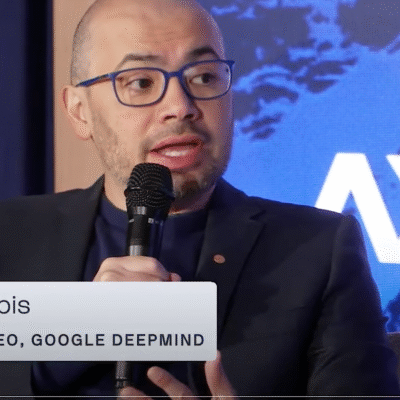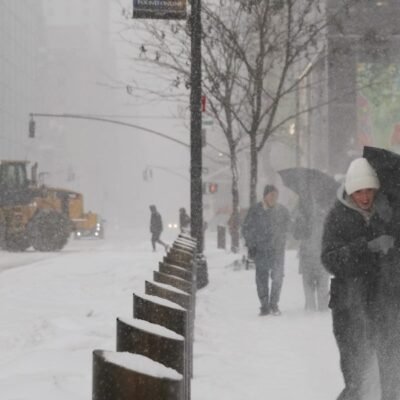Four days in Asia. That’s all President Vladimir V. Putin of Russia needed to anger Washington, undermine Beijing and rattle a collection of Indo-Pacific nations already scrambling to cope with a jumbled world order.
After stops in Pyongyang and Hanoi this week that were draped in Communist red, Mr. Putin left behind a redrawn map of risk in Asia. North Korea sat at the center: a rogue nuclear state that regularly threatens its neighbors, suddenly empowered by Russian promises of sophisticated military aid and a mutual defense pact.
Mr. Putin also signed at least a dozen deals with Vietnam — a country of growing importance for both China and the United States as they vie for influence — where he insisted that “reliable security architecture” could not be built with “closed military-political blocs.”
The trip was both defiant and disruptive. It showed that the jockeying for power sometimes framed as a new Cold War between the United States and China is less binary than it might seem, and many countries in the region seemed to emerge from the week with a deeper sense of unease.
Mr. Putin’s presence and his threats, bold one minute, vague the next, have added even more complexity to their already difficult calculations around security and Great Power competition.
Over the past few years, the Indo-Pacific has been knocked around by a geopolitical shoving match between the United States and China, primarily over China’s claims on Taiwan, and increasingly over heightened Chinese militarization in the South China Sea.
In May, China launched two days of intense navy and air force drills around Taiwan in what it called a form of “strong punishment.” The exercises came after Taiwan’s new president pledged to defend the sovereignty of the self-governing island that Beijing sees as lost territory.
Just this week, another flashpoint — the South China Sea — edged closer to conflict. After months of bitter standoffs in the middle of a turquoise choke point for global trade, a Philippine Navy sailor was injured Monday after ships from China and the Philippines collided near a disputed archipelago. Widening the potential ramifications, the Philippines is an ally the United States is treaty-bound to help in case of war.
Many countries in the region were already beefing up their militaries to deal with China’s pressure and the uncertainty over how far the rivalry between the United States and China might go.
Add to those concerns a wave of jitters in the region over the U.S. presidential election, not to mention a new report this month showing that China is in the midst of a “significant” expansion of its nuclear capabilities, and headaches have become common in the region’s foreign policy circles.
Now Mr. Putin has induced a few more. With his embrace of North Korea, including his open threat to better arm Kim Jong-un’s military, he has effectively added another potential crisis to Asia’s list of concerns, reigniting old hostilities on the Korean Peninsula.
Officials in South Korea and Japan — North Korea’s avowed enemies — were especially alarmed. Both countries had already been talking about toughening their defenses and growing closer to the United States and each other, particularly since Mr. Kim’s rhetoric has become markedly more hostile toward them in recent months.
Rahm Emanuel, the U.S. ambassador to Japan, described Mr. Putin’s burst of activity in Asia as “your worst fears come true.”
“What Russia just did is they told us they are going to be the principal organizers of rogue states that develop nuclear weapons, violate nonproliferation treaties, and allow countries under U.N. sanctions to get outside those sanctions,” he said.
Peter Tesch, Australia’s ambassador in Moscow from 2016 to 2019, stressed that Mr. Putin favors keeping the world chaotic because he believes Russia benefits from keeping other countries off-kilter. Disinformation and partnerships with other provocateurs have become Putin doctrine.
“He’s quite happy for Russia to be the smelliest, farting uncle at the barbecue,” Mr. Tesch said. “The signal is, ‘Yes I am a disrupter. I can act in ways that increase the complexity of what you’re trying to manage.’”
China, North Korea’s largest trading partner and arguably its biggest influence, must also contend with the fallout. That could include pressure to clarify what its “no limits” friendship with Russia means for China’s stated goal of stability on the Korean Peninsula.
Some analysts suggest Mr. Putin had all of this in mind. He may have tightened the bond with Mr. Kim, who greeted him with hugs at the airport, to both scare the United States and signal frustration to China’s leader, Xi Jinping, for not doing more to help Russia win in Ukraine.
“If Putin cannot get everything he wants from Beijing, he will look to get it elsewhere, and there aren’t a lot of supermarkets that cover his wish list — arms, labor and a willingness to pick a fight with Washington,” said Samuel Greene, a professor of Russian politics at King’s College London. “Iran is one. North Korea is another.”
“The point is that, while Putin recognizes his dependency on China, he can’t afford to let Beijing dictate the course of the war effort — because as goes the war, so goes Putin.”
To some degree, Mr. Putin’s trip to Asia was also a potent reminder of Russia’s historic military ties: North Korea, India, and Vietnam are just a few of the countries that have been heavily dependent on Russian hardware for decades, creating links in training and maintenance that keep Moscow deeply embedded in the region.
But even before Russia invaded Ukraine in 2022, those ties were fraying: Russia’s arms sales to Southeast Asia dropped to $89 million in 2021, down from $1.2 billion in 2014, according to independent studies. A clean break or even significant diversification is what Mr. Putin has sought to delay.
And if Mr. Putin’s gestures toward North Korea do end up fueling an arms race in Asia, Moscow also stands to gain: Weapons from Russia do not just intensify the risk of chaos when shared with a country like North Korea. They also bring in revenue, much needed for a Russian economy that has been squeezed by sanctions, war, inflation and 16 percent interest rates.
Mr. Putin’s visit to Hanoi focused on deals. The full scope of what was agreed is not clear, but analysts predicted that some would probably emerge later as defense-related, with financing devised to skirt international sanctions — possibly with payment in the form of oil and gas rights in the South China Sea.
“Vietnam hasn’t made a major upgrade to its land forces in years, but supposedly that’s coming,” said Derek Grossman, a senior defense analyst at Rand. “You may see Vietnam purchase new Russian tanks.”
Nguyen The Phuong, who studies Vietnam’s military affairs at the University of New South Wales in Australia, said Vietnam also needs new fighter jets and bigger warships in line with what Beijing uses to mark territory that Hanoi also claims in the South China Sea.
He added that the high-stakes security dynamics in Asia have put countries like Vietnam in a bind. “Western weapons are expensive and politically sensitive,” he said.
But would Vietnam use new Russian vessels to stand up to China over oil deposits explored with Moscow’s help and claimed by both Beijing and Hanoi?
For many countries, the Putin tour has raised another round of such aggravating questions. Beijing has clearly sided with Moscow over the war in Ukraine. In May, Mr. Putin visited Beijing, and while his trip to North Korea may bother Mr. Xi, analysts do not expect a major rupture in the relationship.
Angering one leader may risk punishment from another, or both.
“I think there’s some concern about Russia-China ties strengthening,” Mr. Grossman said, “and the potential for both countries to gang up on the smaller and medium-sized ones.”
At a defense conference in Singapore this month, President Volodymyr Zelensky of Ukraine said that was already happening. He accused China and Russia of colluding to undermine a peace summit in Switzerland led by Ukraine last week. Only a handful of Asian countries attended.
Motoko Rich contributed reporting from Tokyo.





